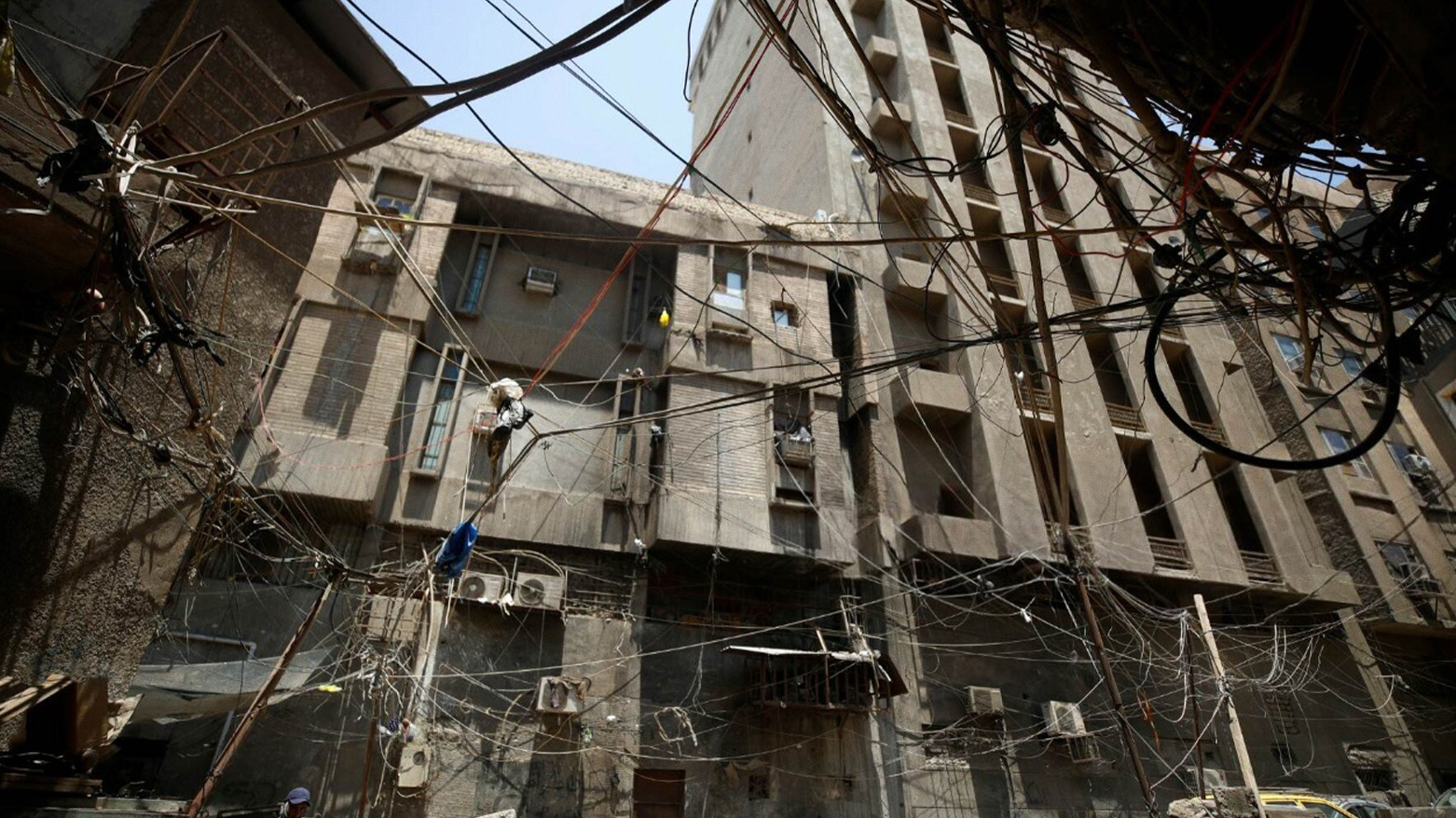Expert: Iraq Should Abolish Electricity Ministry
Despite spending over 10.45 trillion dinars in 2024, Iraq’s power sector remains plagued by outages. Economist Manar al-Obaidi urges decentralizing electricity management to local governments, citing inefficiency, corruption, and decades of failed centralized policies.

By Kamaran Aziz
ERBIL (Kurdistan24) – Iraq spent more than 10.45 trillion dinars (approximately $8 billion) on its electricity sector in 2024 alone, yet continues to struggle with chronic outages and financial inefficiencies, according to economic expert Manar al-Obaidi, who is executive director of Iraq Future Company for Economic Studies and Consultations.
Citing data from the Ministry of Finance, al-Obaidi detailed the breakdown of Iraq’s direct annual electricity expenditures in a statement posted on Facebook Monday.
The figures include 3.39 trillion dinars in electricity wages, 3.3 trillion dinars for imported fuel, 1.2 trillion dinars in investment budget allocations for the Ministry of Electricity, and an additional 2.3 trillion dinars in various costs such as salaries, grants, and compensations. Another 238 billion dinars were spent on importing power from abroad.
“These numbers reflect only direct spending,” al-Obaidi emphasized, adding that additional hidden costs—such as state subsidies and losses from technical and commercial inefficiencies—significantly raise the real financial burden.
The economist also criticized the lack of transparency in revenue collection. “There is no accurate data available on annual collections from consumers, making it impossible to calculate the fiscal gap between expenditures and actual returns,” he wrote. “This gap amounts to annual losses that the state continues to bear without genuine reform.”
As a potential solution, al-Obaidi proposed decentralizing the electricity sector by transferring authority over production, distribution, and billing from the federal government to local governments.
He suggested that provincial administrations could contract the construction of local power generation units based on diverse energy sources, while managing revenue collection directly. “This would enhance efficiency, reduce waste and corruption, and allow the central government to focus solely on legislation and market regulation,” he noted.
The model, he argued, would create a local electricity market, enabling provinces with surplus supply to sell power to those facing shortages, thus promoting energy security through regional cooperation.
Concluding his analysis, al-Obaidi noted that Iraq has spent nearly $200 billion on electricity over the past two decades without achieving a reliable power supply due to centralized decision-making, mismanagement, and endemic corruption.
“The only real path to reform,” he asserted, “may be to abolish the Ministry of Electricity entirely and transfer its responsibilities to provincial directorates. Without such bold measures, Iraq will continue to hemorrhage resources without securing sustainable electricity for its citizens.”
